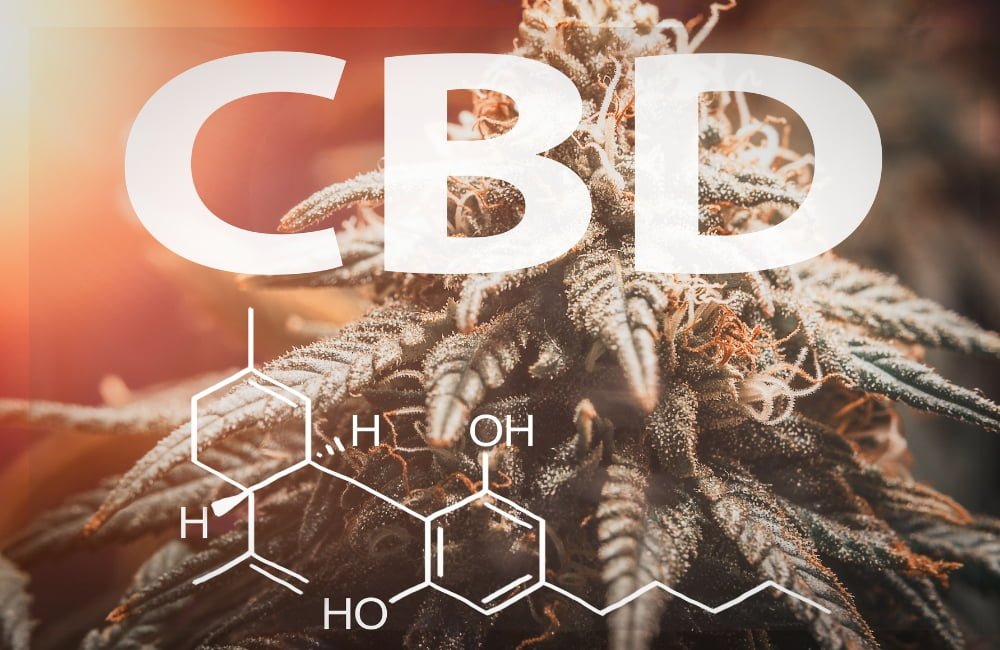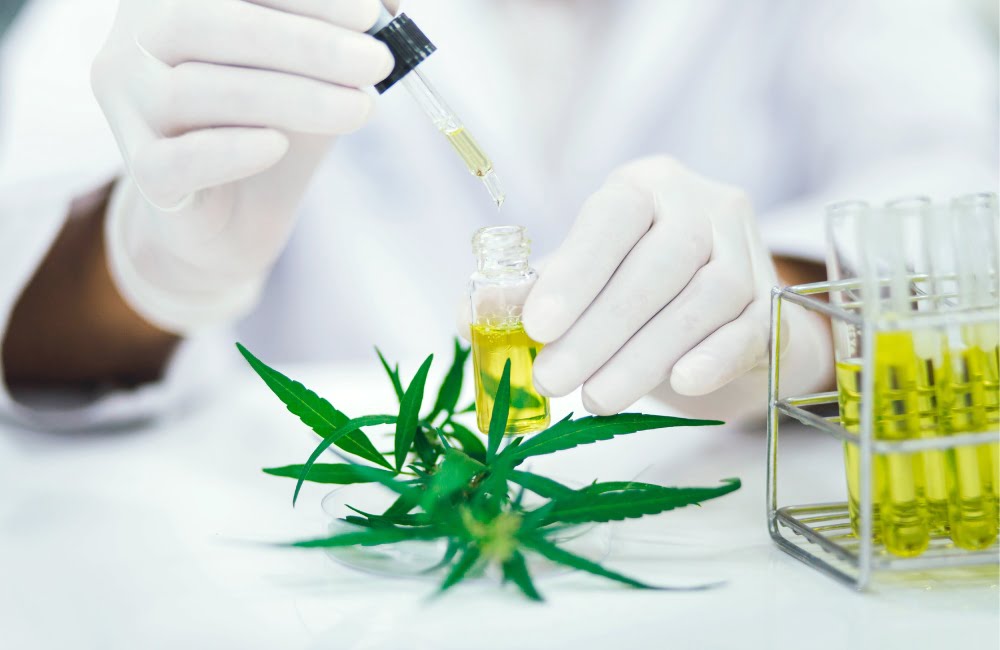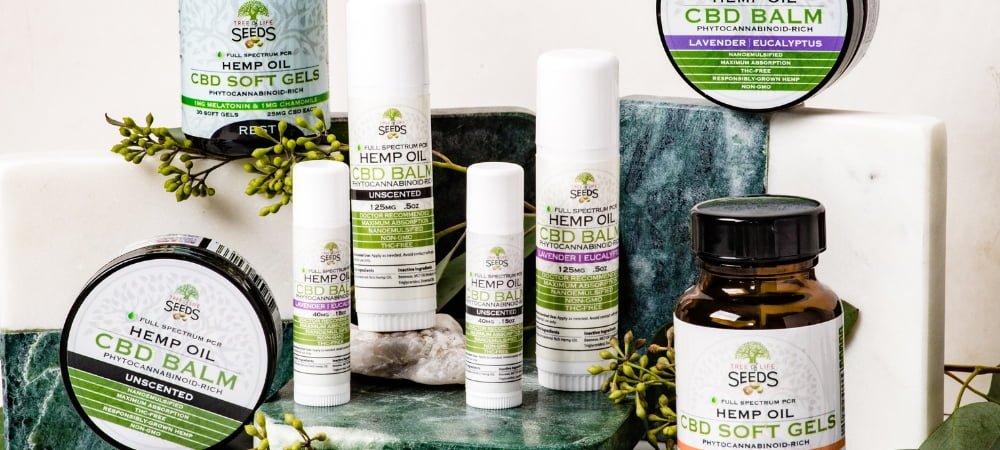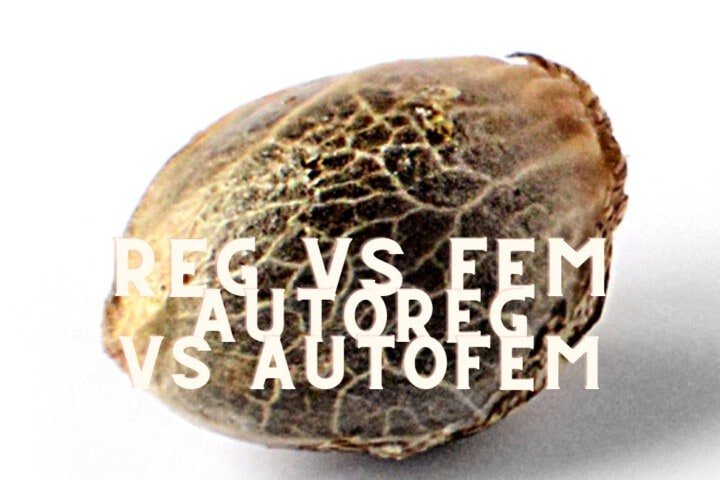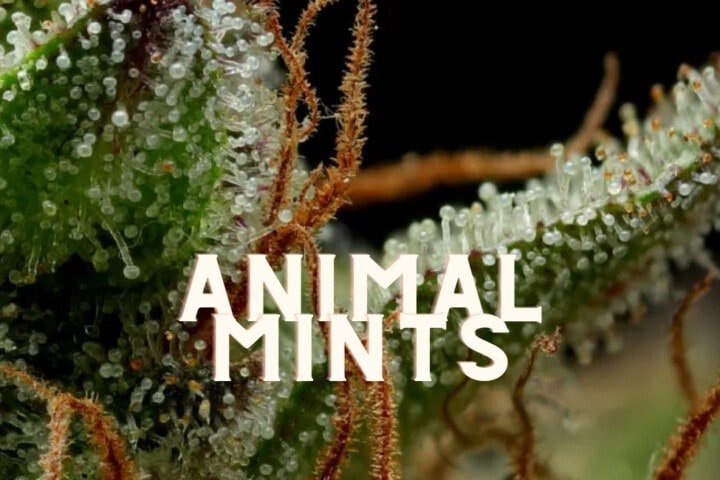CBD: What is, What’s the Effect, Therapeutic Use and Laws
Welcome everyone to this new chapter of our blog about CBD, the second most important cannabinoid produced by Marijuana plants! After seeing the Effects of THC in the last episode, get ready for this specific new article on Cannabidiol!
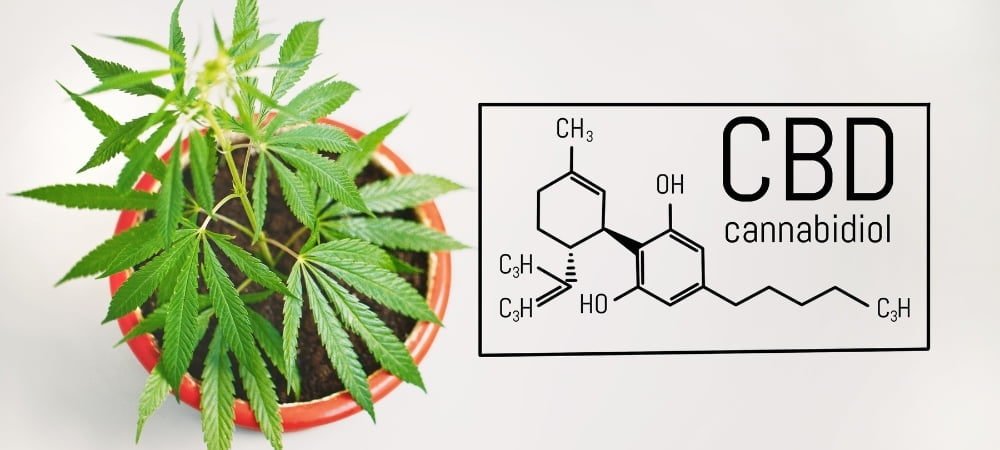
What is CBD?
Cannabidiol, commonly known as CBD, is a naturally occurring chemical compound found in the cannabis plant. It is one of more than 100 cannabinoids found in the plant and represents a significant percentage of its chemical composition. However, unlike tetrahydrocannabinol (THC), the main psychoactive component of cannabis, CBD has no significant psychotropic effects.
CBD was first discovered in the 1940s and has since attracted increasing attention for its potential therapeutic benefits. It is extracted from CBD-rich cannabis strains, such as hemp, but can also be obtained from other cannabis strains with higher levels of THC.
One of the distinguishing characteristics of CBD is its interaction with the endocannabinoid system of the human body. The endocannabinoid system is involved in the regulation of various physiological processes such as mood, sleep, appetite and immune response. CBD binds to receptors of the endocannabinoid system, indirectly influencing its activity and promoting balance and homeostasis in the body.
Where is CBD found in nature?
CBD is a chemical compound found primarily in the cannabis plant, but there are other natural sources where it is present as well. Below is an in-depth description of the possibilities of finding CBD in nature:
Cannabis plant: The Marijuana plant is the primary source of CBD. this is one of several cannabinoids found in the plant, along with THC and other chemical compounds. Cannabis strains can differ significantly in their cannabinoid composition, with some strains high in Cannabidiol and others having higher levels of THC. CBD-rich cannabis plants, such as industrial sativa hemp varieties, were specially developed for the production of CBD and textile fiber.
Other plants of the Cannabaceae family: In addition to cannabis, there are other plants belonging to the Cannabaceae family that contain trace amounts of this cannabinoid. For example, some varieties of Humulus lupulus (wild hops… yes, that’s for brewing!) contain small amounts of CBD. However, the concentrations in these plants are usually very low compared to cannabis.
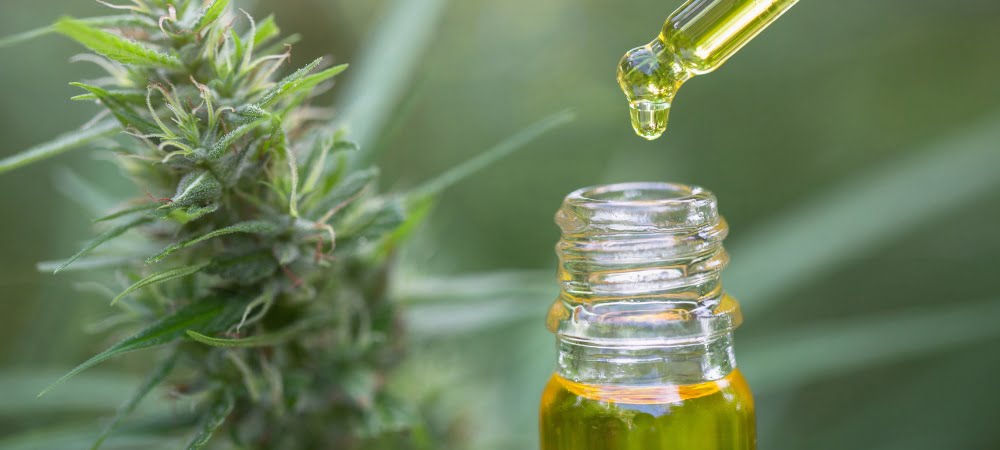
What are the CBD Effects?
- Analgesic Effects: CBD is known for its analgesic properties, which could help reduce chronic pain. CBD is believed to interact with pain receptors in the endocannabinoid system, helping to reduce inflammation and relieve pain
- Anti-inflammatory Effects: CBD has demonstrated anti-inflammatory properties, which may help reduce inflammation in the body. This can be especially helpful for people with inflammatory conditions such as rheumatoid arthritis or chronic inflammation.
- Anxiolytic Effects: CBD has been studied for its potential to help relieve anxiety and related ailments. Some preliminary studies suggest that CBD may affect receptors in the brain involved in mood and anxiety regulation, leading to anxiolytic effects.
- Anticonvulsant effects: One of the main uses of CBD is in the treatment of some forms of refractory epilepsy, such as Dravet syndrome and Lennox-Gastaut syndrome. Clinical studies have shown that CBD can reduce the frequency and intensity of seizures in some patients.
- Effects on sleep: CBD has also been studied for its potential to improve sleep quality. Some users report a calming and relaxing effect of CBD that can help relieve insomnia and promote more restful sleep.
- Neuroprotective Effects: Some research suggests that CBD may have neuroprotective properties, which could help maintain nervous system health and prevent neuronal damage. This could have implications for the prevention and treatment of neurodegenerative diseases such as Alzheimer’s or Parkinson’s disease.
Effects on the immune system: Some preliminary studies suggest that CBD may affect the immune system, helping to modulate the inflammatory response. However, more research is needed to fully understand the effect of CBD on the human immune system.
It is important to note that the effects of CBD can vary from person to person and that each individual may respond differently to its use. Additionally, research into CBD is still ongoing, and many of the reported effects are based on preliminary studies and anecdotal evidence.
Applications of Cannabidiol in modern medicine
In recent years, CBD has attracted a lot of attention for its potential therapeutic benefits. While research is still ongoing, there is growing evidence to suggest that Cannabidiol may be beneficial in a variety of medical settings.
- One of the main therapeutic benefits of CBD is its potential action as an analgesic. Studies have shown that CBD could help reduce chronic pain and inflammation. Therefore, it could be a potential treatment option for patients suffering from painful conditions such as rheumatoid arthritis, fibromyalgia and neuropathies.
- CBD has also demonstrated anticonvulsant properties, and has been approved in the United States for the treatment of some rare forms of epilepsy, such as Dravet syndrome and Lennox-Gastaut syndrome. Preliminary results from clinical trials indicate that CBD may reduce the frequency and intensity of seizures in these patients.
- Other possible therapeutic benefits of CBD include its potential as an anti-inflammatory, anxiolytic, and antipsychotic agent. Studies are underway to evaluate the effectiveness of CBD in the treatment of anxiety disorders, autism spectrum disorders, depression, sleep disorders and psychotic disorders.
- Another area of interest is the use of CBD in the treatment of neurodegenerative disorders such as Alzheimer’s and Parkinson’s disease. Some preliminary studies suggest that CBD may have neuroprotective and anti-inflammatory effects in the brain, although more research is needed to confirm these findings.
Importantly, despite the potential therapeutic benefits of CBD, a science-based approach and consultation with a specialist physician is required. Additionally, CBD regulation varies from country to country, and a medical prescription may be required for therapeutic use of CBD in some jurisdictions.
CBD Laws in the World
Read about CBD in Europe:
Laws on the use of CBD vary from country to country in Europe. Most European countries consider CBD legal as long as it is extracted from licensed cannabis strains containing less than a certain amount of THC, usually 0.2% or 0.3%. However, some countries may have specific restrictions on the use and sale of products containing this useful cannabinoid, such as food products or cosmetics.
About CBD laws in Canada:
In Canada, CBD is considered a controlled substance and requires authorization for sale and distribution. However, Cannabidiol can be legally used for medical and recreational purposes in accordance with cannabis laws. CBD products are available both at licensed cannabis dispensaries and online.
About CBD laws in USA:
In the United States, CBD use laws vary from state to state. The 2018 farm bill made it legal to produce and sell hemp-derived CBD at the federal level, as long as it contains less than 0.3% THC. However, some states may have more restrictive laws on the use of Cannabidiol, so it’s important to check the specific laws of the state where you are.
CBD laws in South America:
In South America, the laws on the use of CBD vary from country to country. Some countries, like Uruguay, have more liberal laws that allow the use of this cannabinoid. Other countries may have restrictions on the use or require specific authorizations for the therapeutic use of CBD.
CBD laws in Australia:
In Australia, CBD is considered a controlled substance and requires a prescription for therapeutic use. It is important to consult a doctor to obtain a prescription before using Cannabidiol products in Australia.
CBD laws in Asia:
Most Asian countries have very strict laws on the use of CBD. Many countries in Asia regard CBD as a controlled substance and its production, sale and use may be subject to severe penalties. However, some countries are starting to explore a more open approach to the use of CBD for medical purposes, such as Japan, which has legalized the use of CBD extracted from hemp with less than 0.2% THC.
It is important to remember that the above information may not be current or complete. Laws can change over time, so it is essential to check the current regulations in the countries of interest from official and reliable sources.
CBD Products: Weed, Hash, Sweets and more!
In addition to products already known throughout much of the world such as CBD Marijuana and legal hashish (also featured here at Annibale Seedshop), this cannabinoid has been integrated into a wide range of products, offering alternative options for those wishing to benefit from the potential effects of this important cannabinoid without taking conventional cannabis products.
Below is an in-depth description of the different products made with Cannabidiol:
- CBD Oils: CBD oils are one of the most common and popular products on the market. They are usually made by extracting CBD from the cannabis or hemp plant and then diluting it in a carrier oil, such as coconut oil or olive oil. CBD oils are often used for oral intake, allowing the Cannabidiol to be absorbed by the endocannabinoid system.
- CBD Creams and Ointments: CBD creams and ointments are topical products that can be applied directly to the skin. These products combine CBD with moisturizing and nourishing ingredients to provide local relief. CBD creams can be used to relieve muscle and joint pain, reduce inflammation, or moisturize dry skin.
- CBD Capsules and Tablets: these capsules and tablets are products that contain pre-determined doses of Cannabidiol. They are convenient to take and allow you to precisely control the amount of CBD you consume. these capsules and tablets are often used as a dietary supplement and can be easily incorporated into your daily routine.
- CBD food and drink products: CBD has been incorporated into a wide variety of food and drink products, such as snack foods, chewing gum, chocolate, tea, coffee, and energy drinks. These products offer a convenient way to take Cannabidiol and can be tasty and appetizing.
- CBD Personal Care Products: In addition to creams and ointments, CBD has also been included in other personal care products, such as shampoos, conditioners, soaps, deodorants, and toothpastes. These products offer an innovative way to experience the potential benefits of Cannabidiol in your daily personal care routine.
- CBD Pet Products: Some manufacturers also offer CBD products specifically formulated for pets. These products are designed to offer similar benefits to humans and can be used to address issues such as anxiety, pain or specific health issues in our furry friends.
It is important to note that the availability of these products may vary according to local laws and regulations. Before purchasing or using CBD products, it is advisable to check the legality and consult a qualified doctor or veterinarian, as appropriate, for personalized advice.
In conclusion, the introduction of CBD in a wide range of products has opened up new possibilities for those who wish to experience the potential benefits of CBD in ways other than traditional cannabis intake. Here at Annibale Seedshop, everyone can find the CBD product that best suits their needs and preferences!
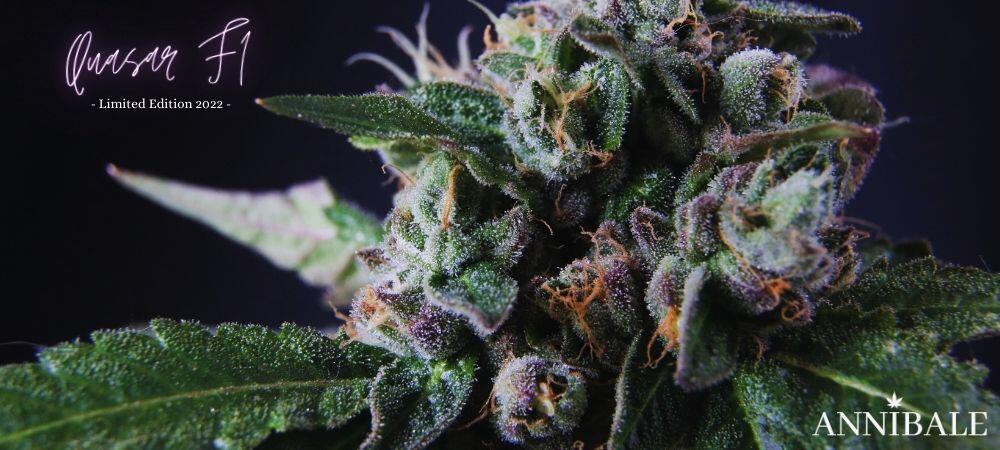
And that’s all for this article on CBD, I hope we have been of help to you, see you in the next article!
Greetings from the Annibale Seedshop Team!
Davide V, CEO, Founder & Geneticist


